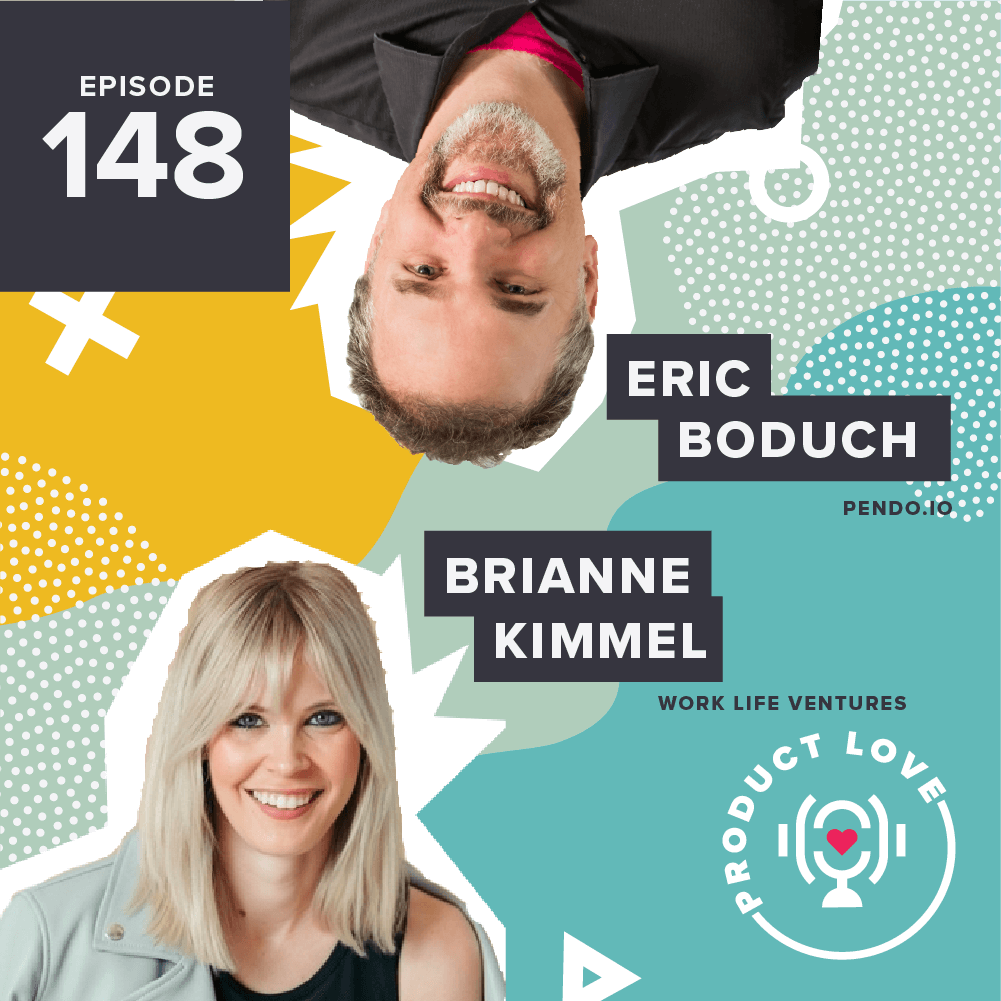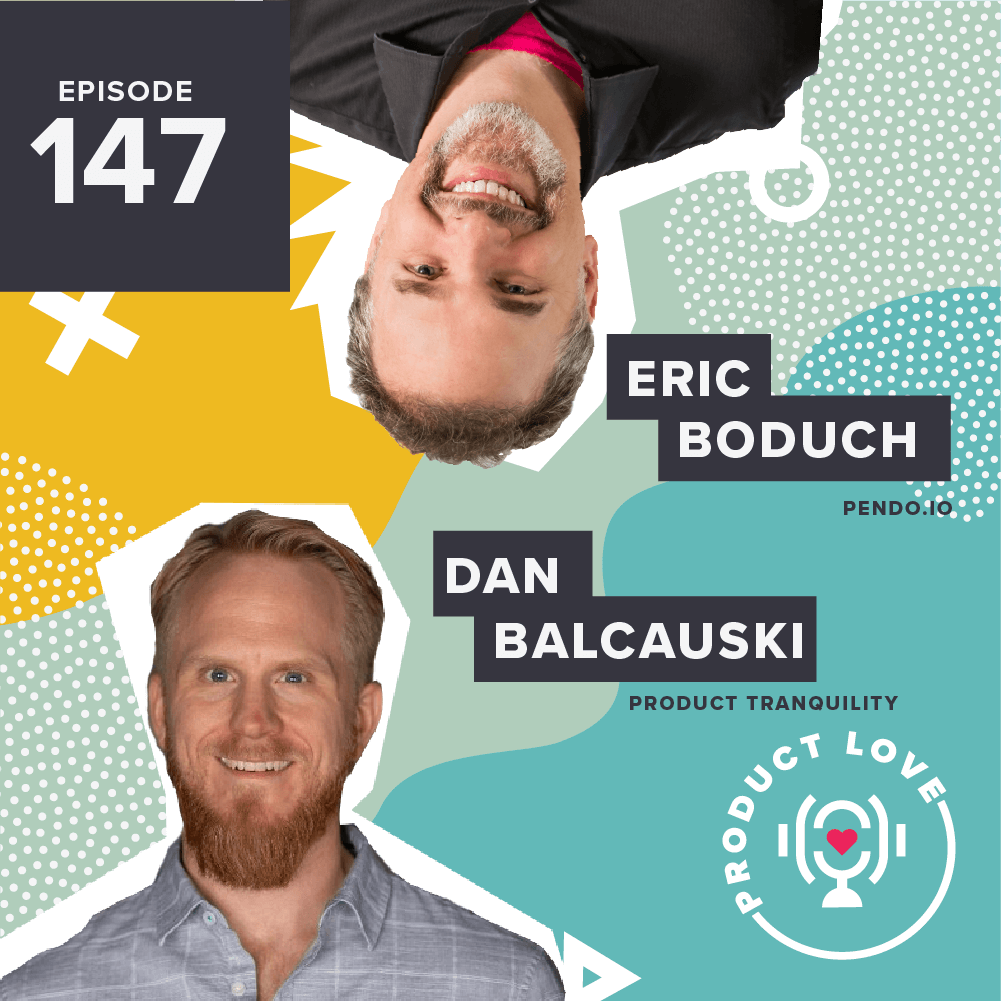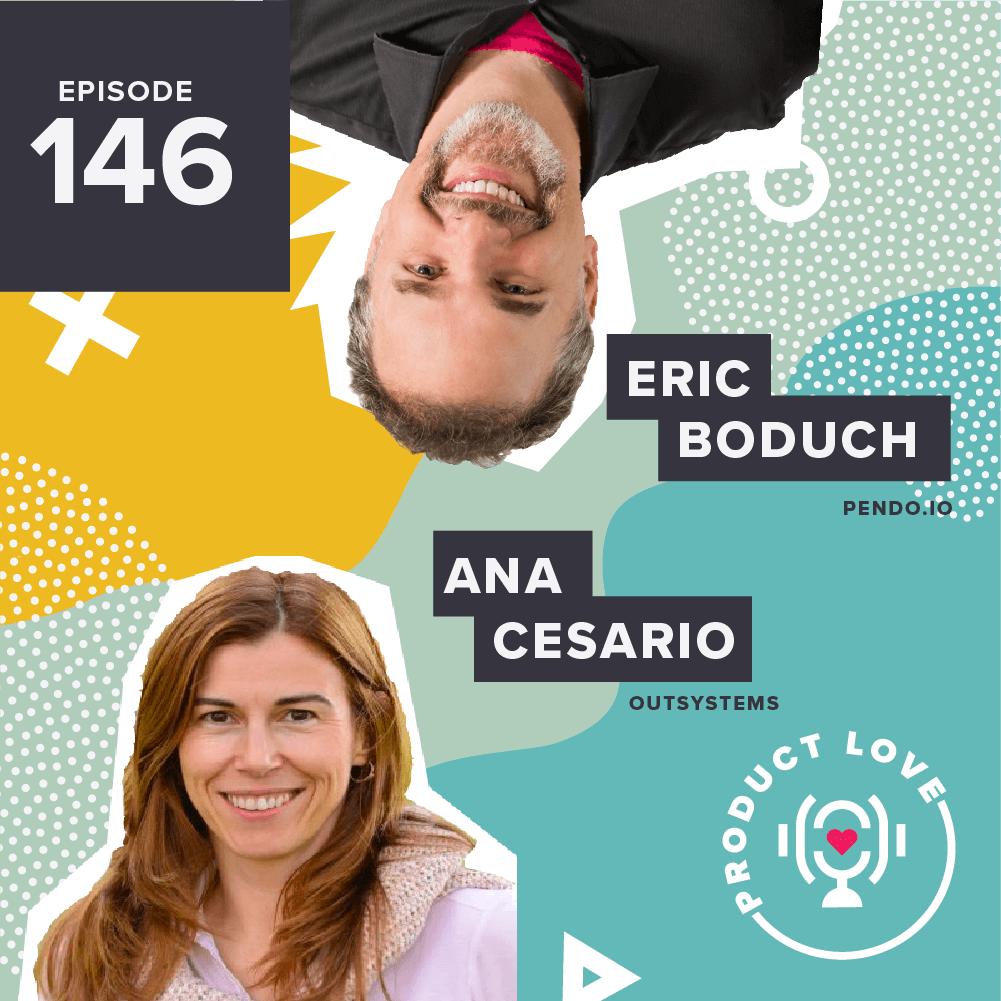Product managers and business leaders often wax poetic about how they want to change the world with their ideas. As PMs, your mission is to obsess over a problem and find a unique solution that impacts your customers. But how much of that impact are you responsible for? Radhika Dutt believes that you’re responsible for a lot more than you think.
This week on Product Love, I talked to Radhika, the co-founder of Radical Product. Radical Product is a thinking methodology for product managers. It’s a framework that defines your product as a mechanism for change in the world. Beyond that, it’s a way for product teams to stay aligned and build with intent.
Before Radical Product, she was the director of product management at Symbotic and The Allant Group. She’s participated in four exits, two of which were of companies that she founded.
Ethics and Product Management
When it comes to solving customers’ pain points or changing the way customers approach a problem, product managers should adopt methodologies like design thinking or behavioral design.
Products deeply affect customers. When another tool is introduced into someone’s tech stack, it affects how many hours they’ve cut or added to their day. Also, it changes their habits. That level of influence comes with some kind of responsibility, right?
Radhika seems to think so. In fact, she likens this degree of responsibility to doctors and their Hippocratic oath. Doctors have a huge impact on their patients’ lives. And like doctors, product managers need to be aware of the unintended consequences their product might have. Implementing tools with the goal of changing peoples’ lives might have results they can’t immediately measure.
As an example, Radhika brings up Amazon’s facial recognition tool. It’s a product that will surely be instrumented in public venues and greatly affect people. But what are the unintended consequences of that? Are the algorithms used in that product inclusive? Accessible?
Product managers need to understand that they have responsibilities beyond business impact.
Product Diseases
Drawing from her own experiences, Radhika cataloged some of the most common barriers that get in the way of building great products. Like real diseases, these barriers are damaging and contagious.
The first disease is hero syndrome, which is particularly common in startups. In these cases, the hero is hyperfocused on scaling and creating a big impact. As a result, they don’t focus on creating change that inspires the company. For instance, startups that are VC-funded might allocate all their energy into raising money rather than solving the target problem.
The second disease she names is hypermetricemia. This refers to product managers who measure anything they can get data on. Product managers who fall into this trap need to take a step back and figure out if those metrics are getting them closer to what they need in the first place. Typically, these people are blind to the overarching vision and take “data-driven” too literally.
Becoming Vision-Minded With the Radical Product Toolkit
In Radhika’s product toolkit, she offers a few exercises that might combat those product diseases. An exercise she presents is a fill-in-the-blank statement that helps encapsulate product vision into one coherent sentence.
She advises product teams to have each person fill out the statement on a regular basis. Then, turn it into a group exercise. By having each individual share what they wrote down, the team is able to see where they’re aligned and not aligned. Also, it makes the team confront these differences and start a dialogue on what the collective vision should be.
Fill out the statement below with your team, and let us know what you come up with!
“Today, when (customer/segment) want(s) to (desirable outcome), they have to (current solution). This is unacceptable because (shortcomings of current solutions). We envision a world where (shortcomings are resolved). We’re bringing this world about through (broad technology/approach).”
To hear more about how product managers approach their responsibilities differently and how to become more vision-driven, check out the episode above.


